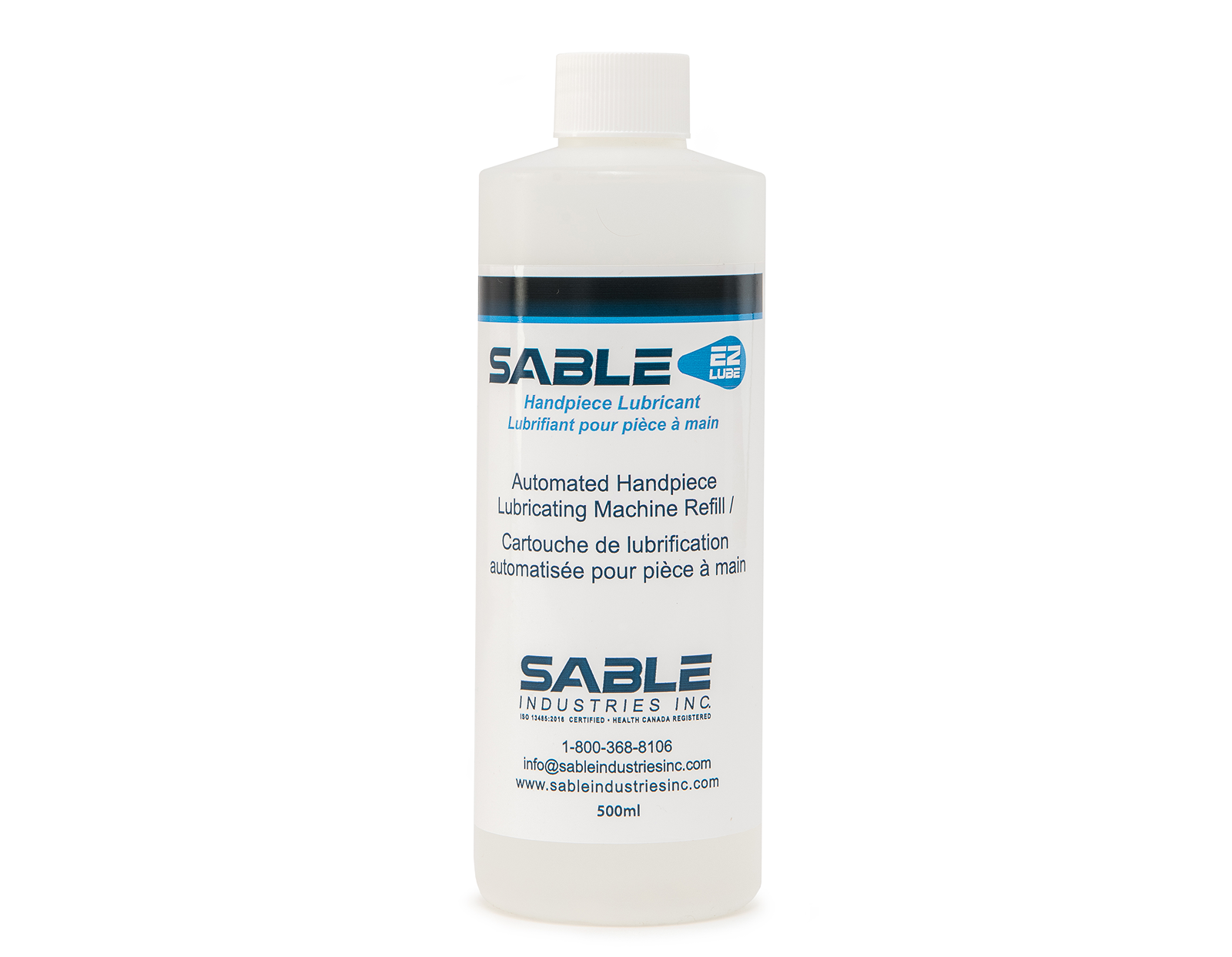Your pet’s oral health is important. Although it might not be something you think about often, dental care is a critical part of maintaining your cat or dog’s overall health.
Bacteria and plaque can harden on your pet’s teeth and form tartar. This can lead to gingivitis, receding gums, pain and tooth loss. Dental problems not only affect your pet’s teeth and oral health but can easily spread to other vital organs such as the heart and kidneys.
Recognizing the importance of pet dental care is an important step in giving them long, healthy lives.
Dental Care Helps to Avoid Pain
Annual oral examinations, dental X-rays and cleanings ensure that your pet’s dental health is in check. Oral pain can be frustrating for your pet and is often expensive to treat. Avoid this unnecessary problem by keeping a close eye on your pet’s dental health and incorporating your dental vet’s recommendations into your regular caring routine.
Preventative Care Avoids Added Expenses
Dental procedures can be expensive. That’s why it’s vital that you monitor your pet’s oral health frequently. Although basic treatments are usually included on a pet insurance plan, larger procedures are not. These treatments and surgeries range anywhere from a couple hundred to thousands of dollars. That’s why you must take care of things before they get serious.
Tooth Brushing is Important for Pets, Too
Like humans, pets need a dental routine in place. Although brushing your pet’s teeth is not as easy as brushing your own, it’s crucial for overall oral health.
Regular brushing is the first step in preventing tartar build-up and gum disease. Use a toothbrush and pet toothpaste. You can also use a finger brush or wrap gauze around your finger. If the process of brushing teeth is introduced gently and gradually, pets will usually tolerate cleaning.
Brush your pets’ teeth at least a few times a week. This will help maintain healthy teeth and gums. Pets can become agitated, so make sure they’re feeling calm or tired.
Recognize the Signs of Oral Disease
Check your pet’s mouth a few times a month to ensure their oral health is in check. Make sure gums are pink, not white or red, and teeth are clean without signs of brown tartar. Vomiting, loss of appetite, excessive drinking or urinating and bad breath are also signs of dental disease.
Other Techniques to Maintain Oral Health
There are many products that promote dental health in pets including textured toys, teeth-cleaning kibble and gels. However, your pet’s diet must contain at least 75% dental food for it to be effective. Look for products approved by the Veterinary Oral Health Council, and never use human tooth pastes with your pet.
Of course, having your pet’s teeth checked and cleaned by a professional is the best way to monitor their oral health and ensure they’re getting the best care possible.


